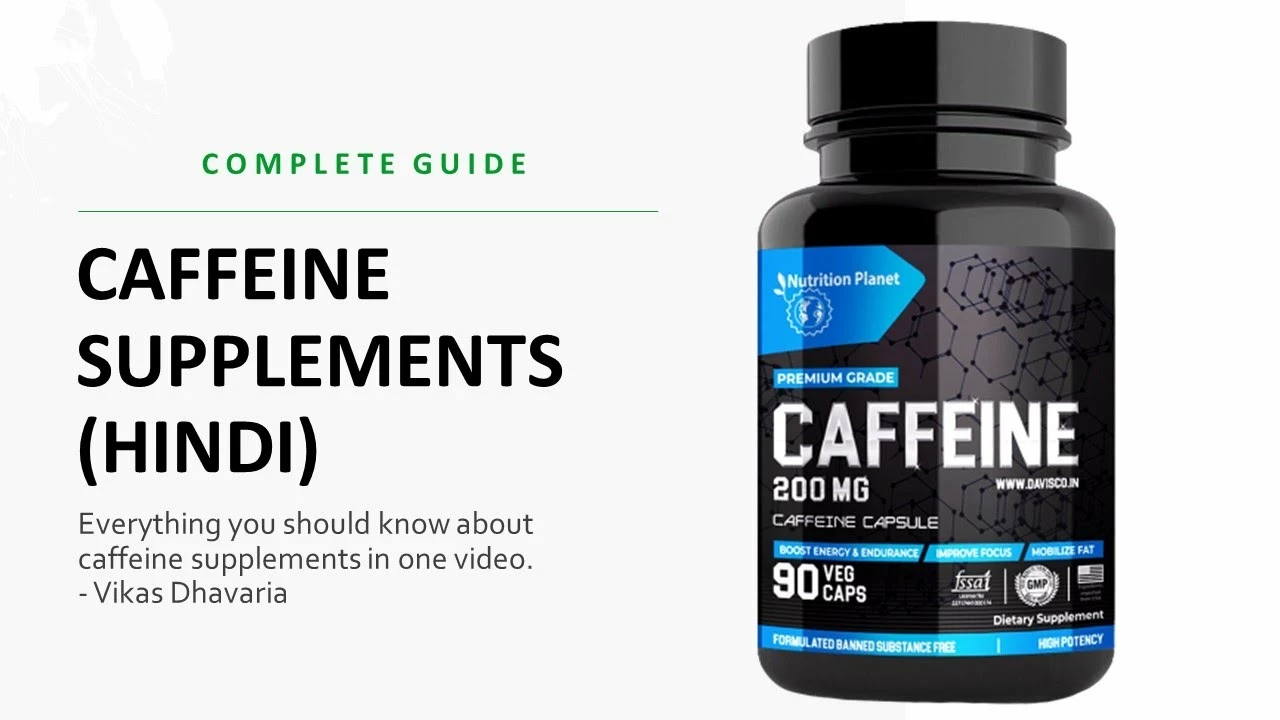Vanadium: what it is and why people take it
Vanadium is a trace mineral found in tiny amounts in food, soil, and water. You may see it in supplement form because some research suggests it can mimic insulin and help blood sugar control. That makes it interesting for people dealing with type 2 diabetes or insulin resistance. But the evidence is mixed and safety matters. Here’s a clear, practical look at vanadium so you can decide whether to ask your doctor about it.
Where vanadium comes from and how it works
Food sources include mushrooms, shellfish, black pepper, and certain grains, though typical diets provide only small amounts. Supplements usually come as vanadyl sulfate or sodium metavanadate. Lab studies show vanadium compounds can improve how cells use glucose by acting like insulin in some pathways. Small clinical trials reported modest drops in fasting blood sugar and insulin resistance, but results vary and long-term benefits aren’t proven.
Think of vanadium as a possible helper, not a replacement for prescribed diabetes drugs. If you’re already on medication, adding vanadium could change how your meds work and raise the risk of low blood sugar. That’s one reason to consult your provider before trying it.
Practical dosing, side effects, and safety tips
Typical supplement doses in studies ranged from 50 mg to 150 mg of vanadyl sulfate daily, but products vary and labels can confuse elemental vanadium vs compound forms. Start by checking the product’s vanadium amount and talk to your healthcare provider about a safe plan. Never self-prescribe based on online advice alone.
Common side effects include stomach upset, nausea, and diarrhea. More serious concerns are possible with higher or long-term use: kidney stress, liver changes, and potential toxicity. People with kidney or liver disease, pregnant or breastfeeding women, and children should avoid vanadium supplements unless a doctor recommends otherwise.
Also watch for interactions. Because vanadium may boost insulin-like effects, it can interact with blood sugar medications and supplements that lower glucose. If you try vanadium, monitor blood sugar closely and keep an open line with your care team.
Bottom line: vanadium shows promise for blood sugar support, but the science isn’t strong enough to call it a safe, routine treatment. If you’re curious, ask your doctor about tested brands, appropriate dosing, and how to monitor effects safely. Small changes—like diet, exercise, and proven medications—remain the foundation for managing blood sugar, with any supplement considered only as an add-on under medical guidance.
Unlock the Power of Vanadium: The Ultimate Dietary Supplement for a Healthier You!
In my latest blog, I delve into the benefits of Vanadium, a lesser-known dietary supplement that's packed with health benefits. It plays a crucial role in regulating blood sugar levels and improving heart health. Notably, it also enhances athletic performance by boosting muscle growth and strength. However, like all supplements, it's essential to take it in moderation and under professional guidance to avoid any potential side effects. So, if you're on a quest for a healthier you, Vanadium might just be the secret ingredient you're missing!
More
